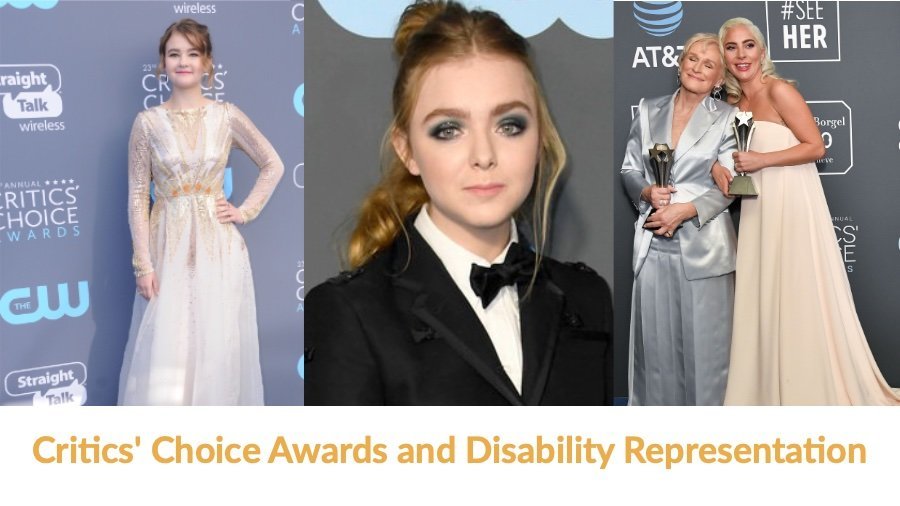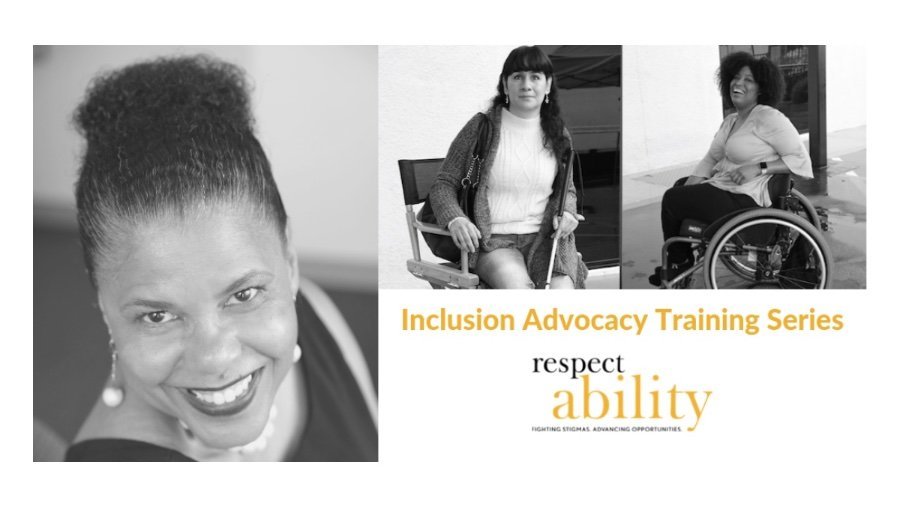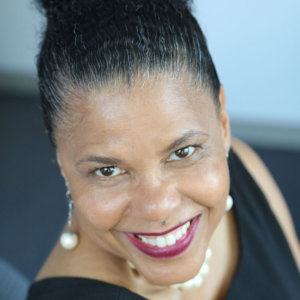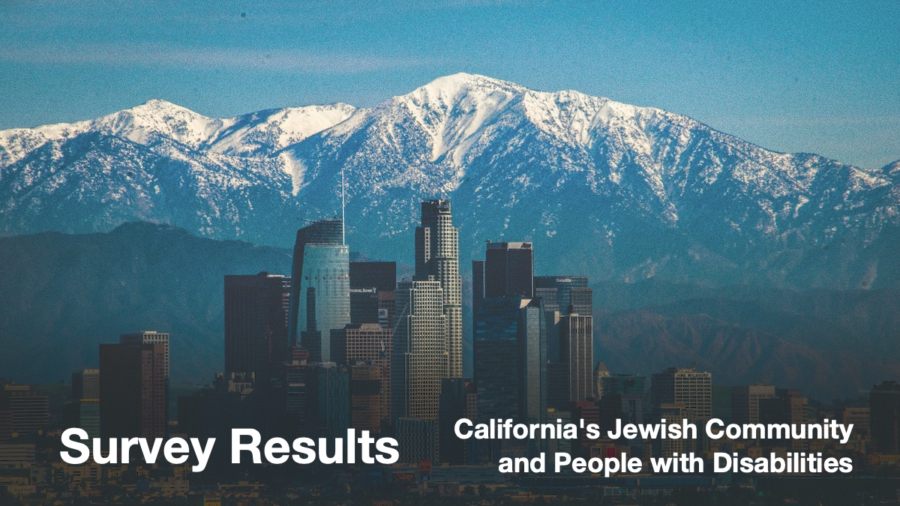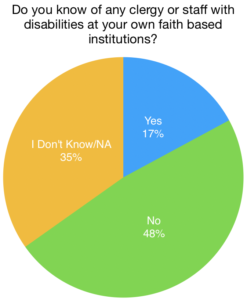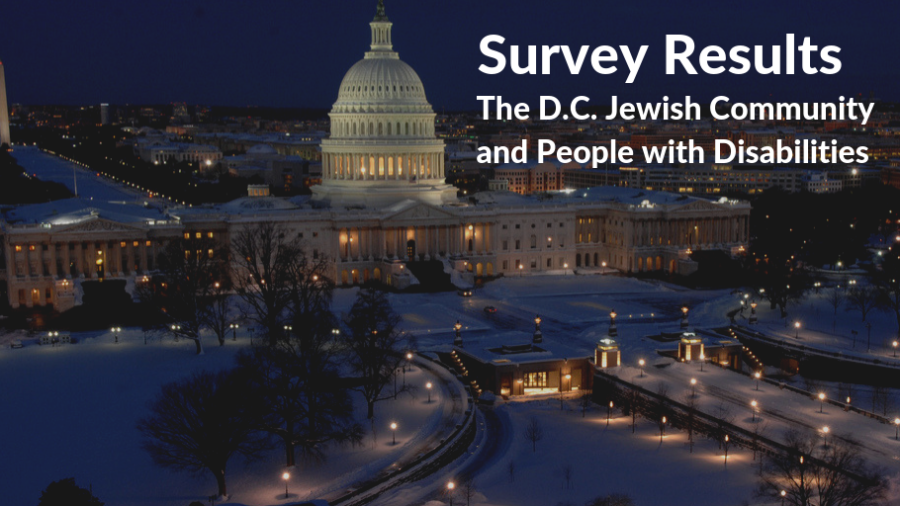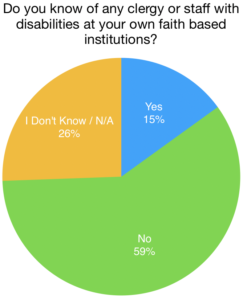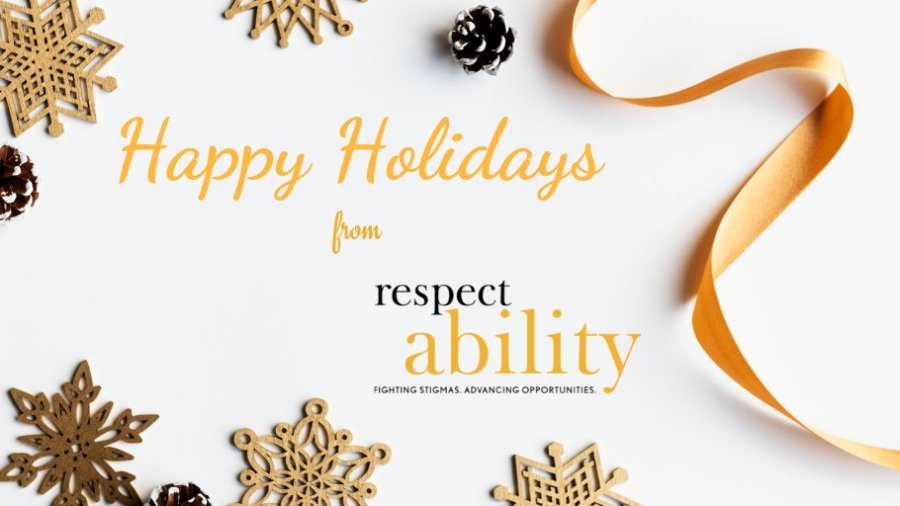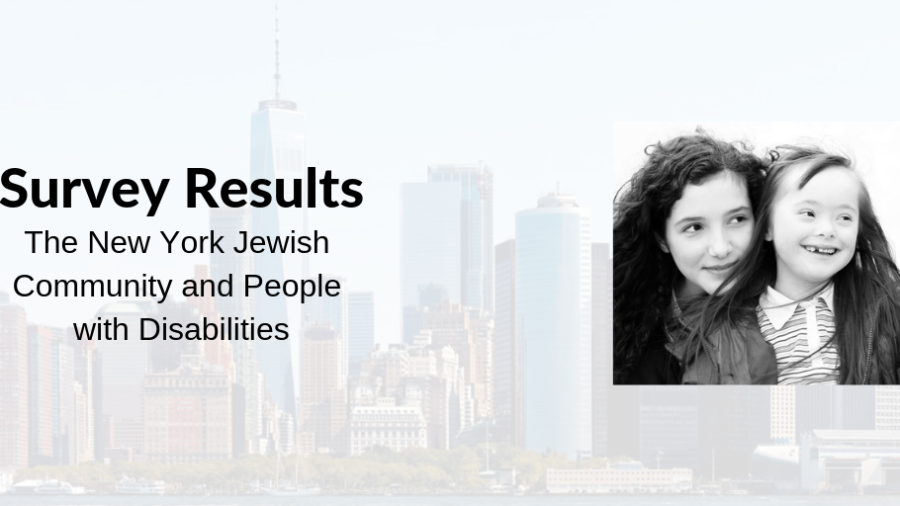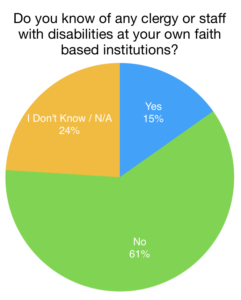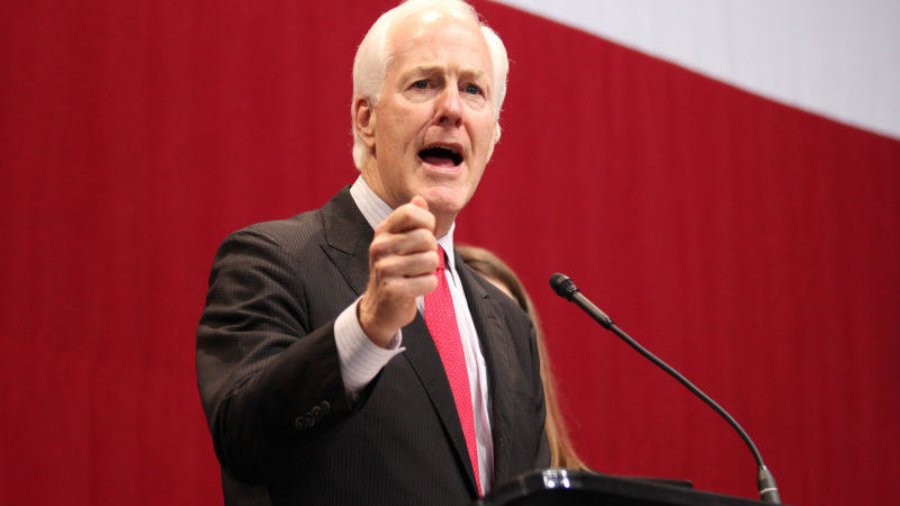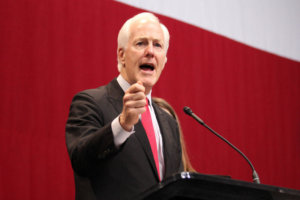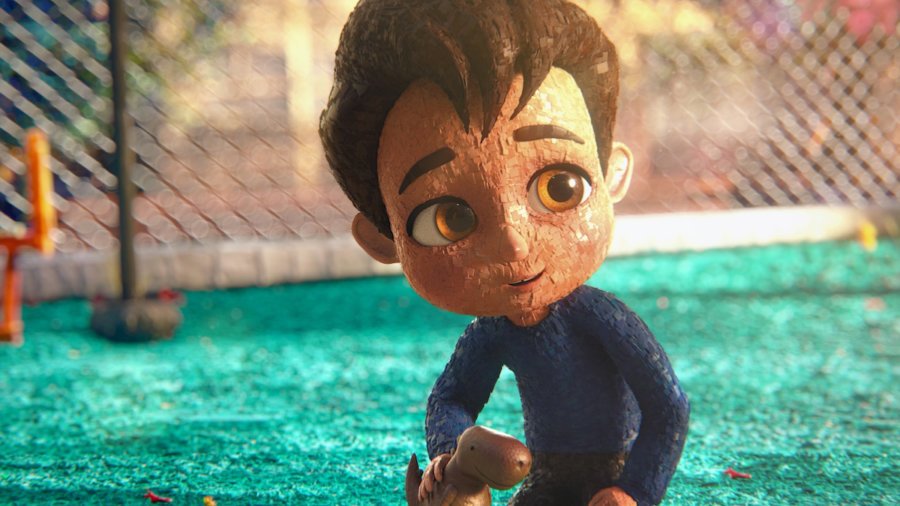Los Angeles, Jan. 16 – At the Critics’ Choice Awards Sunday night, Taye Diggs praised how this year has been great for inclusivity for “all under-represented people,” specifically calling out successes when it comes to gender, sexual orientation and race. While this is extremely important, it is upsetting that once again the largest minority in the U.S. – people with disabilities – was not mentioned as well. This also was the case at the Golden Globes. With several more awards show coming up this season, there is a chance for this to change.
“It has been another great year for movies and for TV shows,” Diggs said. “Not only was it an amazing year for creativity but a great year for inclusivity. All under-represented people of all genders and orientations played prominent roles in front of and behind the big camera in many of this year’s biggest films, television and streaming series.”
When disability is excluded from diversity conversations, and not visible in film and television shows, Hollywood is disenfranchising the one-in-five Americans who have a disability. There is reason to celebrate, however, as several winners have visible and invisible disabilities. Yet little attention is paid attention to this fact – unlike when organizations tout the increase of winners who are women, people of color or LGBTQ. For example, Henry Winkler (Barry), who won Best Supporting Actor in a Comedy Series, has dyslexia. Millicent Simmonds (A Quiet Place), who was nominated for Best Young Actor Actress, is deaf. Several individuals with mental illness took home awards, including Elsie Fisher (Eighth Grade) and Lady Gaga (A Star is Born). [continue reading…]


